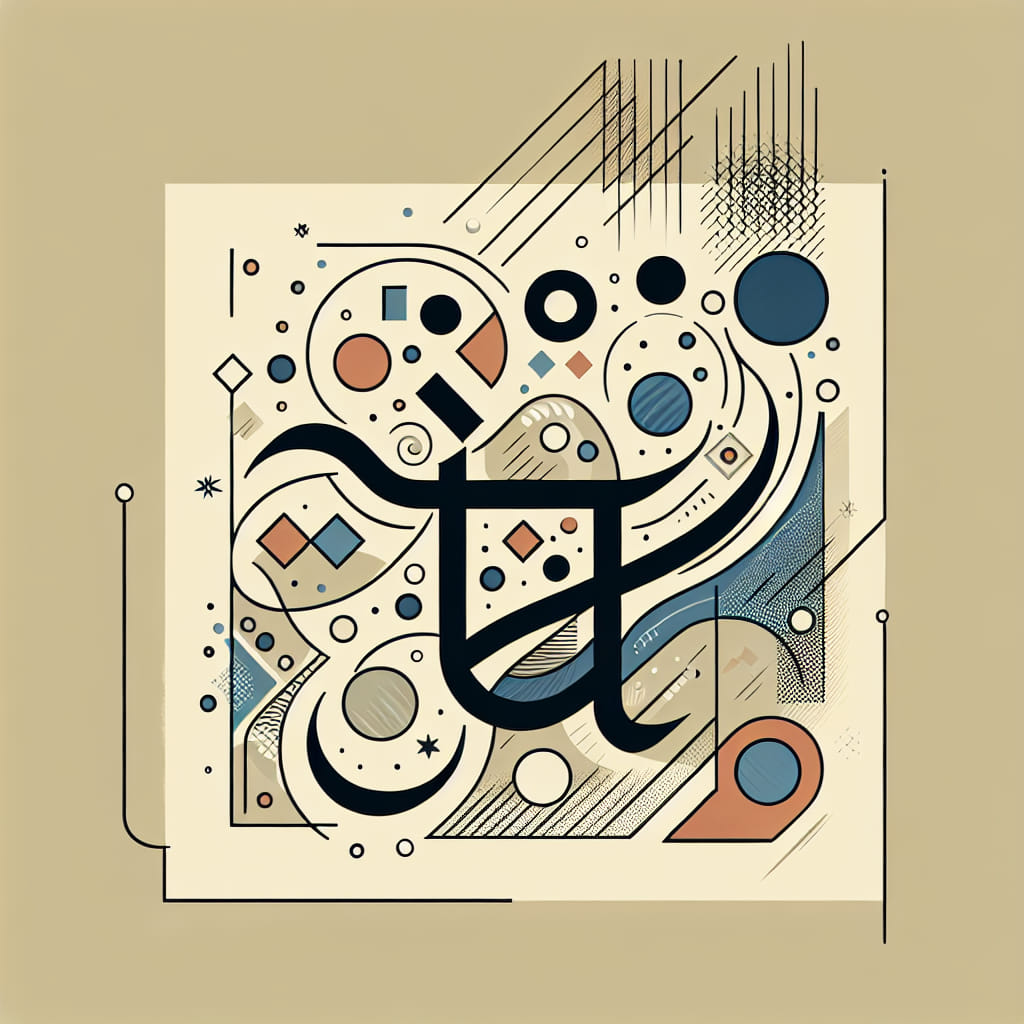· word of the day · 4 min read
Unlock the Heart of Korean Culture: Exploring the Meaning of Jeong
Discover the magic of Korean words like 정 (jeong) and enrich your language learning journey by understanding the deep emotional connections and cultural significance they carry.

Discovering the Magic of Korean Words: A Journey Beyond the Basics
Learning a new language is like unlocking a treasure chest filled with unique gems. Each word you learn is a key that opens up new doors to understanding the culture, history, and nuances of the language. For language learners, discovering unusual words can be particularly rewarding. These words often carry rich meanings and cultural significance that can deepen your grasp of the language. Today, let’s dive into one such fascinating Korean word that will surely pique your curiosity.
The Word: “정” (Jeong)
Pronunciation and Meaning
“정” (pronounced as “jeong”) is a small word with a big heart. It is one of those Korean words that are difficult to translate directly into English because it encompasses a wide array of feelings and concepts. At its core, “정” refers to a deep emotional connection between people. It can mean affection, attachment, compassion, and a sense of shared destiny.
Cultural Significance
In Korean culture, “정” is more than just a word; it is a way of life. It represents the invisible threads that bind people together, whether they are family, friends, or even strangers. This concept is so deeply ingrained in Korean society that it influences social behaviors, relationships, and even business practices.
Examples of Usage
Between Family Members: “정” is often felt strongly within families. For example, parents might say, “우리 가족은 정이 많아” (Uri gajogeun jeongi manha), meaning “Our family has a lot of affection.”
Among Friends: Friends who have known each other for a long time might describe their relationship by saying, “우리는 오래된 친구라서 정이 깊어” (Urineun oraedoen chinguraseo jeongi gipeo), which translates to “We are old friends, so our bond is deep.”
With Strangers: Even among strangers, “정” can play a role. For instance, if someone helps you out of a difficult situation, you might feel a sense of “정” towards them.
Idiomatic Expressions and Sayings
The concept of “정” is so pervasive that it appears in various idiomatic expressions and sayings:
정들자 이별이다 (Jeongdeulja ibyeorida): This phrase means “Just as we get close, it’s time to say goodbye.” It reflects the bittersweet nature of forming bonds and then having to part ways.
정이 가다 (Jeongi gada): This expression means “to grow fond of someone.” It is often used to describe the process of developing affection over time.
Role in Literature and Folklore
The concept of “정” frequently appears in Korean literature and folklore. In classic Korean tales, characters often display acts of “정” that highlight their deep emotional connections and sense of duty towards others. For example, in many folk stories, heroes and heroines go to great lengths to help others, driven by a strong sense of “정.”
One famous example is the story of “Heungbu and Nolbu,” where Heungbu, the kind-hearted brother, shows “정” by helping a swallow with a broken leg. His act of kindness is rewarded with good fortune, illustrating the positive outcomes of living with “정.”
Enriching Your Language Learning Journey
Learning words like “정” can significantly enrich your language learning journey. Such words offer a glimpse into the soul of the culture and provide insights that go beyond mere vocabulary. They help you understand the values, emotions, and social dynamics that shape everyday interactions in Korean society.
By incorporating words like “정” into your vocabulary, you not only enhance your linguistic skills but also deepen your cultural understanding. This holistic approach to language learning makes the experience more meaningful and enjoyable.
Conclusion
The Korean word “정” is a beautiful example of how language and culture are intertwined. It encapsulates a complex array of emotions and social bonds that are central to Korean life. By exploring such words, language learners can gain a richer, more nuanced understanding of the language and the people who speak it.
So, the next time you come across an unusual word, take a moment to delve into its meaning and cultural significance. You might just discover a hidden gem that adds a new dimension to your language learning journey.
Ready to dive deeper into the world of Korean language and culture? Download Glosa for learning Korean here and start exploring today!




